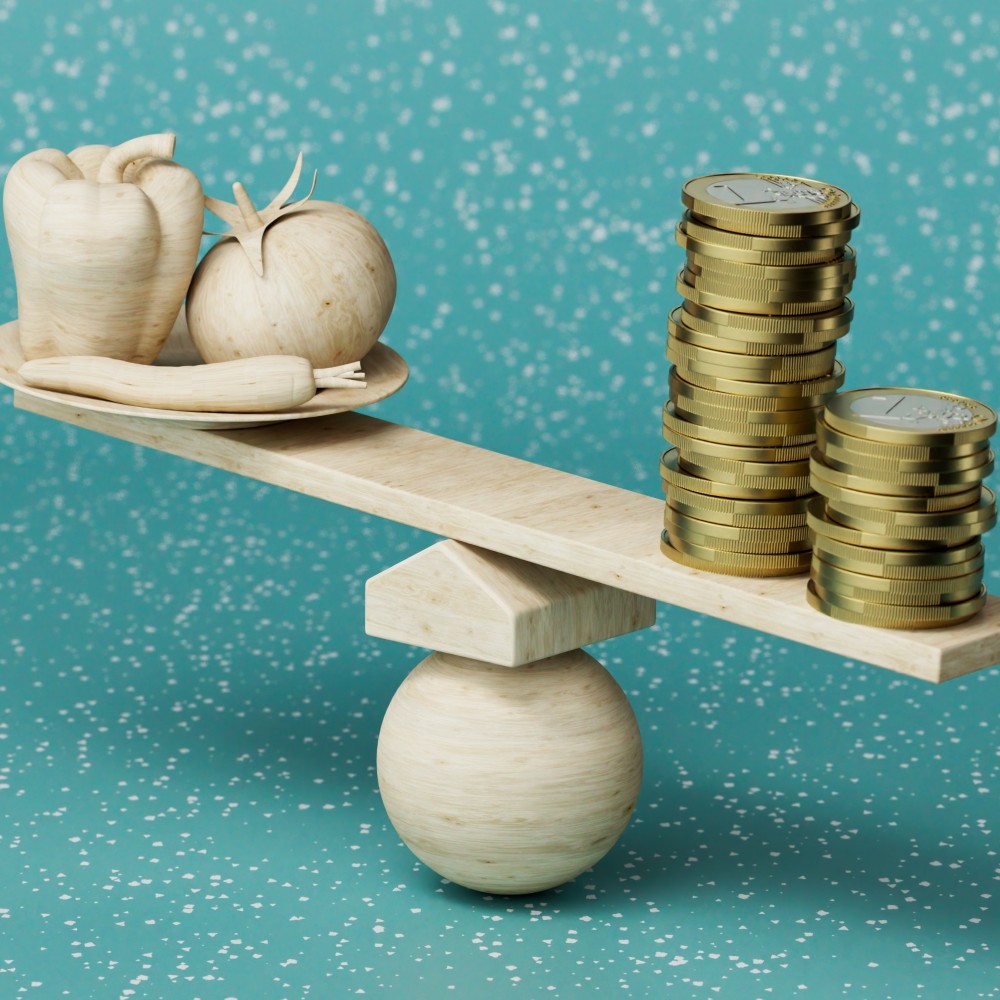Published:
Economic recessions are one of many phenomena difficult to avoid. As unsettling as they are, many countries around the world are currently going through a recession now. Understanding the causes and potential impacts of a downturn and taking proactive steps is essential to navigating our fast-paced global economy.
The United States is seeing the prices slowing down after months of inflation. This is also causing the job market to regain its fair share, with people acquiring more jobs than ever in the past three years. However, job growth has been slowing down with the decrease in the creation of employment, with an average of 620,000 jobs a month up until February 2022 to 268,000 jobs a month as of September 2023.
With the current economy and its supplies being at a stable condition, experts don't foresee a recession coming to the U.S. anytime soon. But let’s look into some of the factors that are causing some of the countries in Europe to fall into a recession.
In the United Kingdom, experts are seeing the possibility of a recession occurring with the rise in unemployment and the spiking interest rates. The Bank of England has raised the rates by 5% due to the low productivity of the markets, causing housing mortgages to increase as well. This is due to the fact that the U.K. is constantly involved in their supply chain, which was disrupted by the war on Ukraine and COVID-19 pandemic. With these rates, a single speed up to 6% will cause staggering amounts of job losses in the country, and dangers in the financial markets will arise in the future.
If there is one country that is currently experiencing the process of recession, it is Germany. The high inflation and the drop in the manufacturing industry have been causing the German economy to be in its current state. Volkswagen, one of the biggest carmakers in Europe coming from Germany, has also needed more sales as they failed to reach the same level of sales as back in 2019. This is following the cost of electricity going up due to the country's use of liquefied natural gas instead of the gas from Russia. As Germany's GDP has been falling for the past year, the government has been creating a plan to prevent depression from occurring. Their execution is for people to receive government aid to all the citizens. In response to these challenges, the government is finding alternative strategies to stabilize the economy and stimulate growth to recover from the recession.
As we see these changes in the economy and uncontrollable situations occurring worldwide, there is no denying that recessions create the build-up of conflicts around the country. Whether the problem comes from wars, supply chain issues, or changes in the stock market, it causes disruption not only to the government but to the public consumers as well with the rise in price and the shortage in supplies. Different industries are coming together during these difficult times to find various alternatives for themselves. Even when certain countries are going through a recession, it impacts the entire world.
File under






